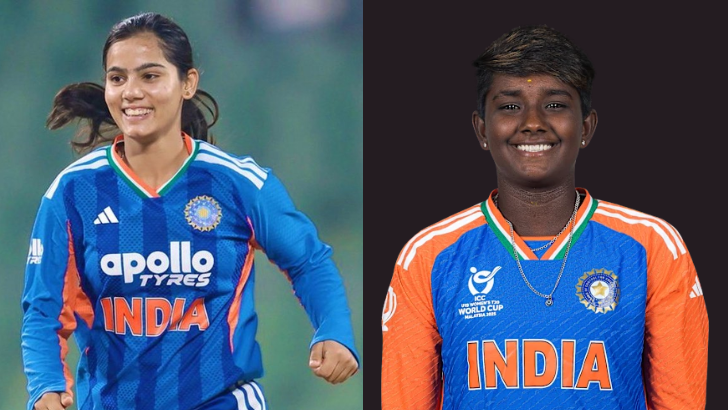Australian Open: Keys upsets 2-time champion Sabalenka in women''s final for 1st Grand Slam title
Here's how close this was: Keys won just one more point than Sabalenka, 92-91. Both finished with 29 winners.
PTI
-
Madison Keys holds the Daphne Akhurst Memorial Cup after defeating Aryna Sabalenka at the Australian Open tennis championship in Melbourne
When Madison Keys stepped into Rod Laver Arena at 7.37 pm on Saturday night ahead of the Australian Open final, she strode right
past the Daphne Akhurst Memorial Cup, the trophy that goes to the women's
champion and was placed on a pedestal near the entrance to the court.
Keys didn't break stride. Didn't stop to stare. That bit
of hardware then was placed near the net for the pre-match coin toss, close as
can be to where the American stood. Close enough to touch. Close enough to feel
real. Also right there was her opponent, No 1-ranked Aryna Sabalenka, the
two-time defending champion at Melbourne Park, who would not make things easy
on this cool, breezy evening.
Exactly 2 1/2 hours — and one 6-3, 2-6, 7-5 victory over
Sabalenka — later, there was Keys, smiling the widest smile while holding that
silver trophy with both hands, a Grand Slam champion for the first time at age
29. This was Keys' second chance to play for a major title: The first ended in
a lopsided loss at the 2017 U.S. Open, an experience that taught her she would
need to be able to play through nerves.
“I have wanted this for so long,” said Keys, who was born
in Illinois and now is based in Florida, “and I have been in one other Grand
Slam final, and it didn't go my way, and I didn't know if I was going to get
back in this position.”
Sure did. She is the oldest woman to become a first-time
Slam champ since Flavia Pennetta was 33 at the 2015 U.S. Open. This was the
46th Slam appearance for Keys, the third most before winning a women's major
title, behind only Pennetta's 49 and Marion Bartoli's 47 when she won Wimbledon
in 2013.
Keys did not take an easy path, either.
Before this three-set victory came one against No. 2 Iga
Swiatek in the semifinals, saving a match point along the way. Not since Serena
Williams in 2005 had a player defeated both of the WTA's top two women at
Melbourne Park.
“Madison: Wow, what a tournament,” Sabalenka said.
“Enjoy the celebration," she told Keys. "Enjoy
the really fun part.”
Keys, ranked 14th and seeded 19th, prevented Sabalenka
from earning what would have been her third women's trophy in a row at the
Australian Open — something last accomplished by Martina Hingis from 1997-99 —
and her fourth major title overall.
When it ended, Keys covered her face with her hands, then
raised her arms. Soon, she was hugging her husband, Bjorn Fratangelo — who has
been her coach since 2023 — and other members of her team, before sitting on
her sideline bench and laughing.
Sabalenka chucked her racket, covered her head with a
white towel and briefly left the court, before returning for the post-match
ceremony.
“I just needed ... that time for myself to kind of switch
off and forget and ... be respectful,” Sabalenka explained later. “Just wasn't
my day."
Keys broke three times in the first set, helped in part
by Sabalenka's four double-faults and 13 total unforced errors. But don't think
this was merely an instance of Sabalenka being her own undoing.
Keys had a lot to do with the way things were going. She
compiled an 11-4 edge in winners in the opening set, managing to out-hit the
big-hitting Sabalenka repeatedly.
For a stretch, it seemed as though every shot off the
strings of Keys' racket — the one she switched to ahead of this season, at
Fratangelo's urging, to protect her oft-injured right shoulder and to make it
easier to control her considerable power — was landing precisely where she
wanted.
Near a corner. On a line. Out of the reach of Sabalenka,
a 26-year-old from Belarus.
Also important was the way Keys, whose left thigh was
taped for the match, covered every part of the court, racing to get to balls
and send them back over the net with intent. On one terrific defensive
sequence, she sprinted for a forehand that drew a forehand into the net from
Sabalenka, capping a break for a 4-1 lead.
Never one to hide her emotions, Sabalenka kicked a ball
after netting a volley and dropped her racket after missing an overhead.
She went to the locker room before the second set, and
whether that helped clear her head or slowed Keys' momentum — or both — the
final's complexion soon changed. Keys' first-serve percentage dipped from 86%
in the first set to 59% in the second. Sabalenka raised her winner total to 13
in the second set and began accumulating, and converting, break points.
When she sent a backhand down the line to force an error
by Keys for a break and a 2-1 lead in the second, Sabalenka shook her left fist
and gritted her teeth. The action in the third set was tight and tense, without
so much as a single break point until its final game, when Keys came through
with one last forehand winner.
Here's how close this was: Keys won just one more point
than Sabalenka, 92-91. Both finished with 29 winners.
Keys had to wait for this moment, yes, but it did arrive.
Leave a Reply
Your email address will not be published. Required fields are marked *








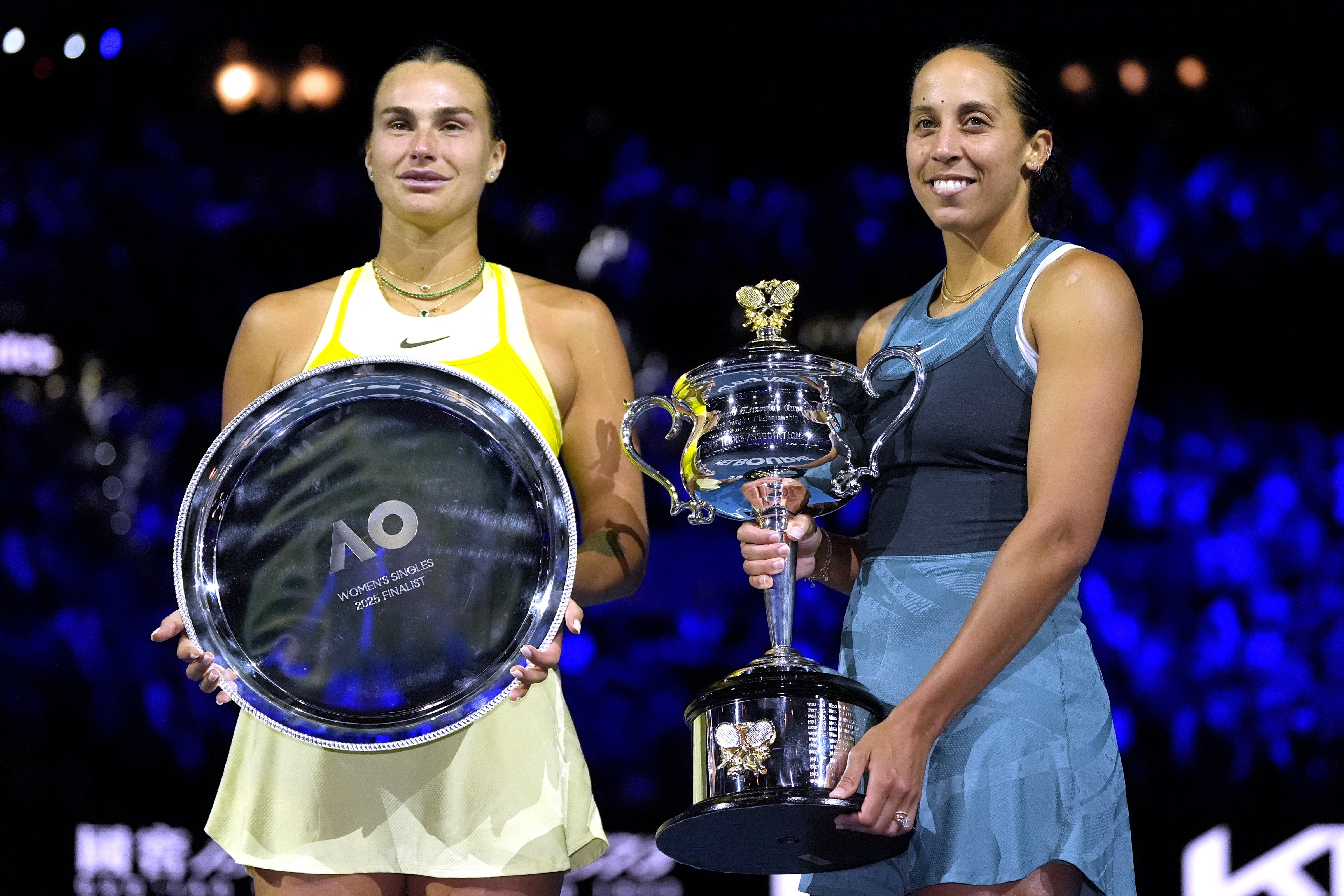

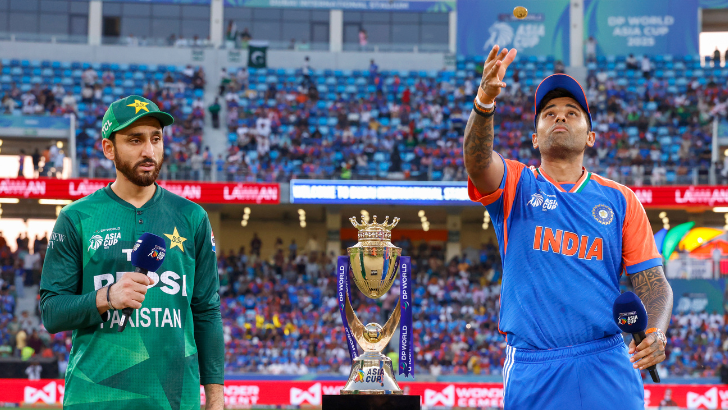
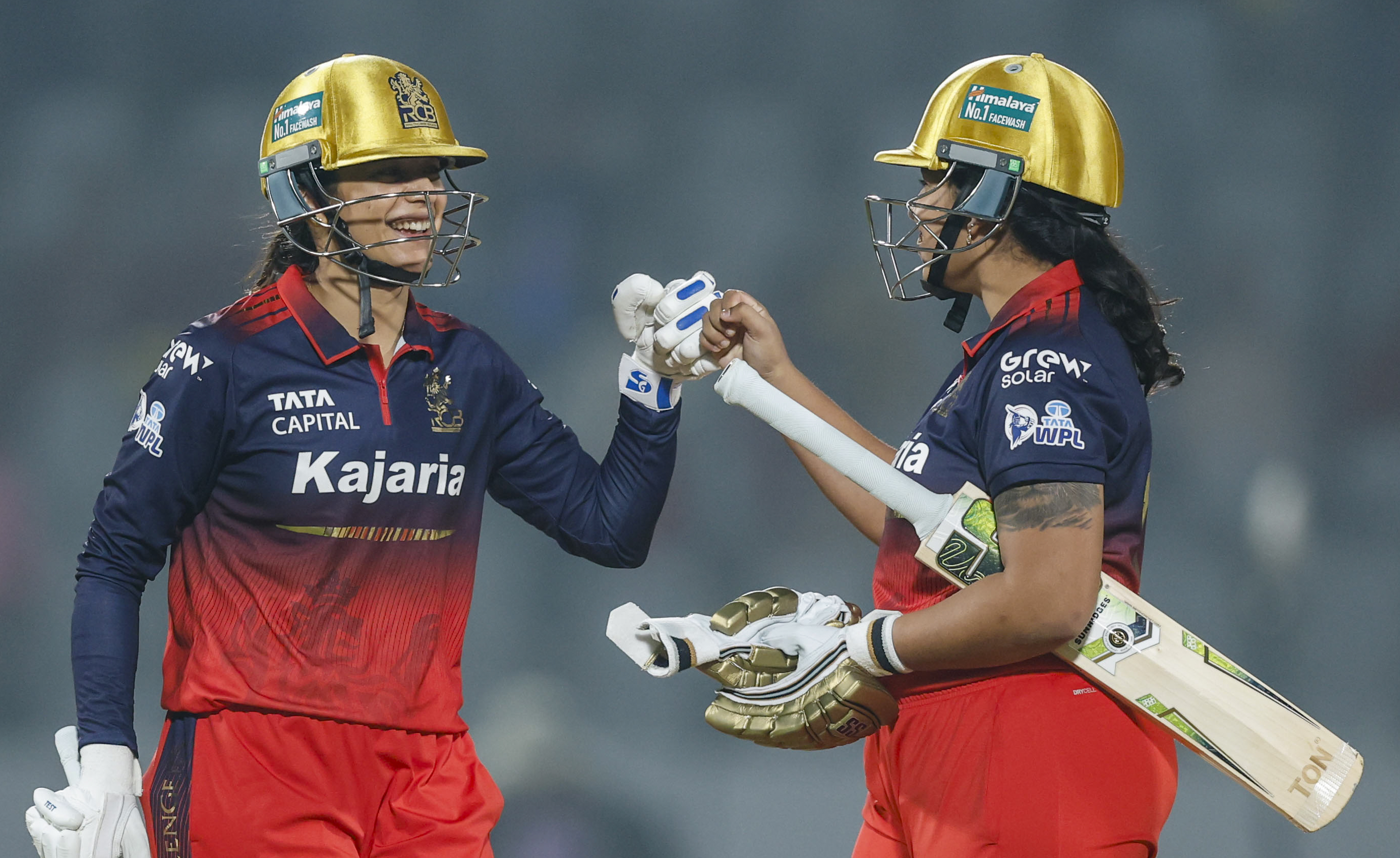
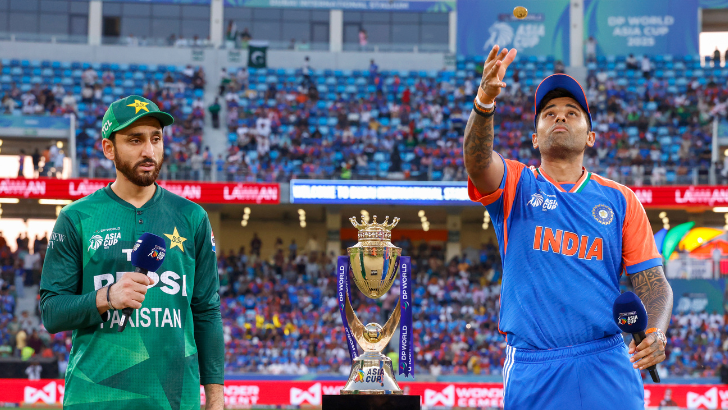
.png)
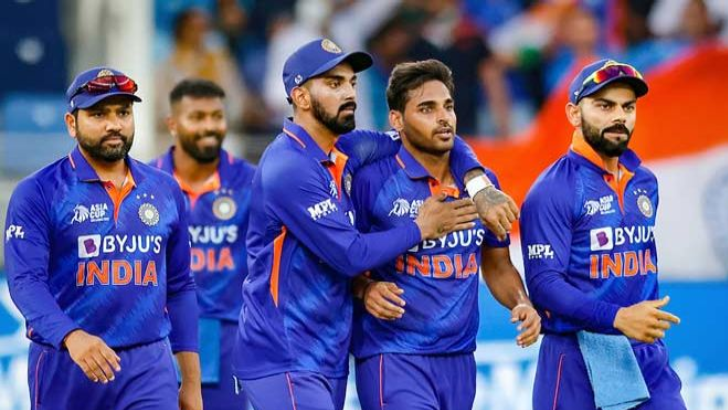
.png)

.png)
